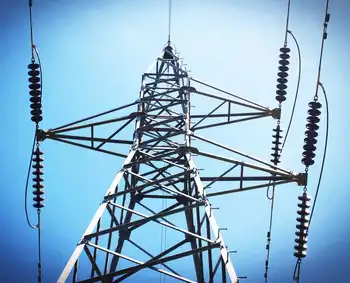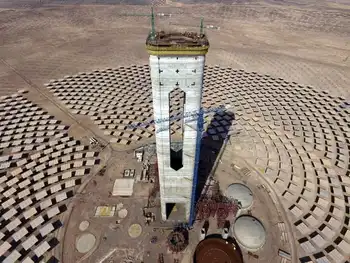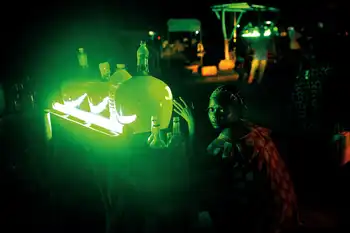Secret complaint could bankrupt Manitoba Hydro
The contents of the secret complaint against Manitoba Hydro have been the source of intense speculation in the province, sparking probes from the provincial Auditor-General and the board responsible for approving electricity rates. The potential ramifications reach all the way to the NDP leadership convention. One of the candidates to replace Gary Doer as premier, Greg Selinger, was for years the minister responsible for Hydro.
The complaint's long path to public disclosure began in 2004. Hydro lost $436-million that year, a hit it attributed to major drought. The loss was so serious, the company initiated a corporate risk analysis to guard against such major shortfalls in the future, according to Manitoba Hydro CEO Bob Brennan.
Over several months, one of the risk consultants uncovered alleged miscalculations that were said to threaten the financial health of the utility and public health of the province. Within 24 hours of forwarding an advance copy of the findings to Mr. Brennan, the consultant was fired, according to a source close to the events.
Mr. Brennan, however, said he took the consultant's findings seriously and asked his staff to look into them. "We eventually hired another consultant to look at the issues," he said. "They confirmed that the way we sold our power and managed our system were appropriate."
The source, however, insists that a proper investigation into the allegations was never conducted because Hydro did not request evidence to support the accusations from the contractor.
That's where the whistleblower comes in. Feeling that Hydro had given the consultant's report short shrift, the whistleblower filed a 70-page complaint with the Manitoba Ombudsman last December outlining the consultant's concerns:
• The company's $436-million loss in 2004 due to drought was largely avoidable.
• Manitoba Hydro had so badly miscalculated its energy supply that the province's lights could go off.
• Annual report filings regarding drought were incorrect.
• Power export forecasts were overly optimistic.
• The utility had lost more than a billion dollars because of mismanagement.
"I think it's all completely false," Mr. Brennan said. "I don't agree with any of it."
The whistleblower's filing was around the same time the Public Utilities Board, the body responsible for approving electricity rate hikes, began expressing concern about Hydro's debt-to-equity ratio and export revenues. It ordered Hydro to submit a thorough risk analysis in January. As of yesterday, the PUB, which has a copy of the whistleblower report, was still waiting for a thorough risk report from Hydro.
"The board simply wants to make sure the risks are adequately quantified," said Gerry Gaudreau, the PUB's secretary and executive director.
The provincial Auditor-General is also investigating the whistleblower's complaints.
No matter how well founded the allegations turn out to be, some Hydro critics say the whole episode suggests Hydro lacks transparency and oversight.
"This is evidence of a larger systemic problem," said Bryan Schwartz, Asper Chair in International Business and Trade Law at the University of Manitoba. "I see many decisions that are not being done in a fully transparent and fully rational manner. This offers a chance for the province to improve the operation of Hydro, possibly our most valuable asset."
Mr. Selinger, who many expect will succeed Gary Doer as Manitoba's premier, said Hydro's management and board should deal with the whistleblower's allegations and give a public explanation of why it continues to hold information back from the PUB.
"It's a complex issue," he said. "But it has to be cleared up."
Related News

OEB issues decision on Hydro One's first combined T&D rates application
TORONTO - The Ontario Energy Board (OEB) issued its Decision and Order on an application filed by Hydro One Networks Inc. (Hydro One) on August 5, 2021 seeking approval for changes to the rates it charges for electricity transmission and distribution, beginning January 1, 2023 and for each subsequent year through to December 31, 2027.
The proceeding resulted in the filing of a settlement proposal that the OEB has now approved after concluding that it is in the public interest.
The negotiated reductions in Hydro One's transmission and distribution revenue requirements over the 2023 to 2027 period total $482.7 million compared to…





